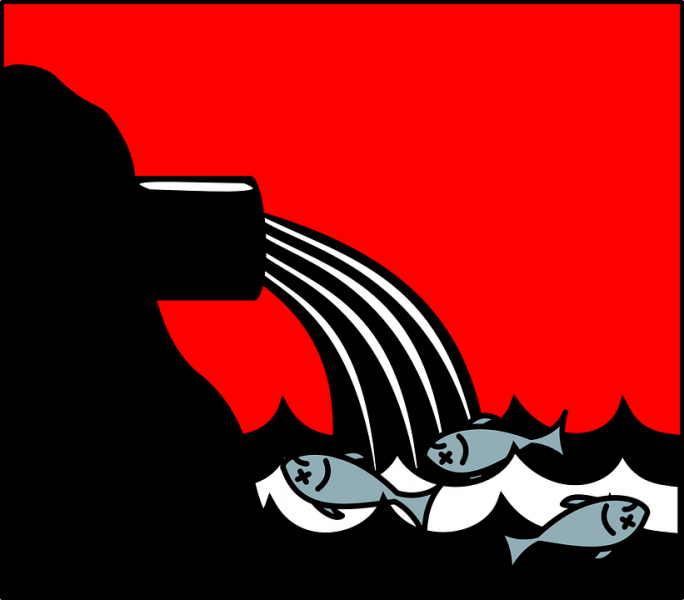
Public authorities violate their legal obligation to assist the Ombudsman in investigating water pollution



According to current legislation (article 4 paragraph 5 of law 3094/2003), “all public services must facilitate in any way they can, an investigation (conducted by the Ombudsman).”
The Ombudsman is an independent authority established in article 103 paragraph 9 of the Constitution (“the law stipulates the composition and responsibilities of the Ombudsman, which operates as an independent authority”) and is responsible for examining complaints that concern the public sector, local government, legal entities governed by public law (public bodies), utility companies (such as EYDAP, the Greek water company), state legal entities governed by private law, and companies whose administration is directly or indirectly defined as public/by the public sector by an administrative act or by equity participation.
Based on the responsibilities listed above, in 2018 the Ombudsman started an investigation into the pollution of water resources in the settlement of Dispilio in Kastoria, in the region of Western Macedonia. According to a document from the Ombudsman’s office, the data examined by the independent authority showed “serious pollution of the water supply of the prefecture, which was estimated to be connected with the operation of leather processing works and the illegal management of the waste they generate.” In the same document, the Ombudsman points out that “this pollution has existed for many years and therefore it is likely that the pollution has spread to surface and groundwater resources to an unpredictable extent.”
Despite this official request, the Ombudsman noted in a further document issued on October 8, 2021 (Protocol No.: 248632/54747/2021) that the state authorities did not comply with the requirements of the law, since “although significant time has passed, no response has been received regarding your actions to address the problem, nor the measures taken to repair the environmental damage caused by the two specific companies.” We note here that two private tanning plants are active in the area. “Moreover, no explanation has been given for this delay.”
This failure by the authorities to respond violates their legal obligation (article 4 paragraph 5 of law 3094/2003) “to facilitate in any way an investigation” by the Ombudsman, which in this case was regarding chronic environmental and water pollution.
In a state governed by the Rule of Law, the authorities must assist enquiries by the independent authorities into the implementation of the law and the lawful activity of public bodies.
However, in this case, both central administration and local government authorities did not comply with their obligation under the law to facilitate the Ombudsman’s investigation into environmental pollution.
Bank Account number: 1100 0232 0016 560
IBAN: GR56 0140 1100 1100 0232 0016 560
BIC: CRBAGRAA
![]()
In a time where the very foundations of democracy are gradually being eroded by the rise of extreme nationalism, alt-right movements, the spread of disinformation and corporate capture, the efforts of organisations such as Vouliwatch are more relevant than ever.
We rely on the generosity of each and every one of you to continue with our efforts for more transparency and accounta
By financially supporting Vouliwatch you support our litigation strategy, our campaigns for transparency and accountability in the political system, the development of new civic tech tools, our research projects and last but not least our impartial and accurate